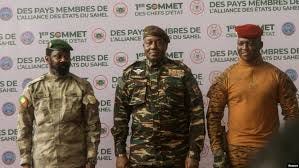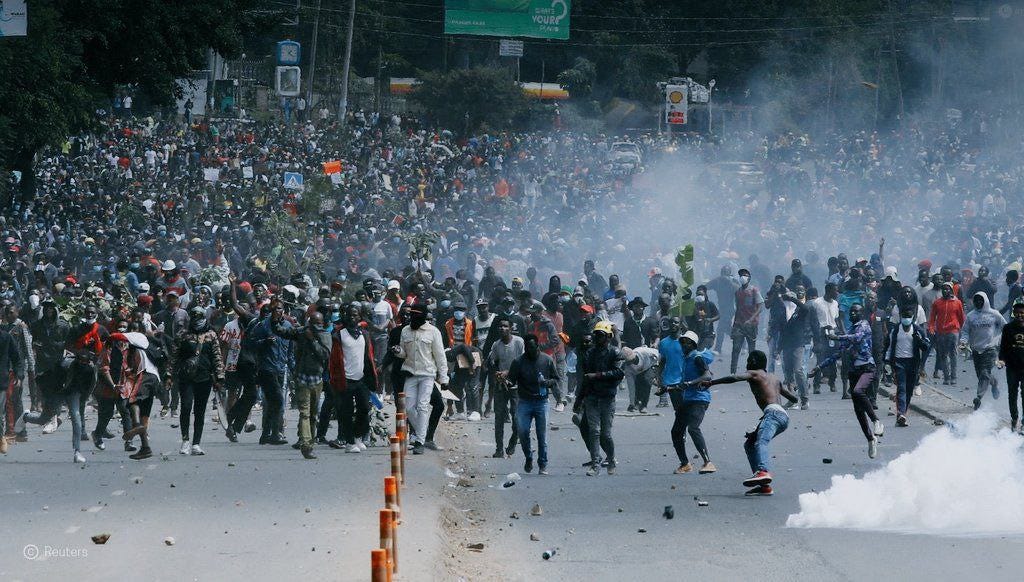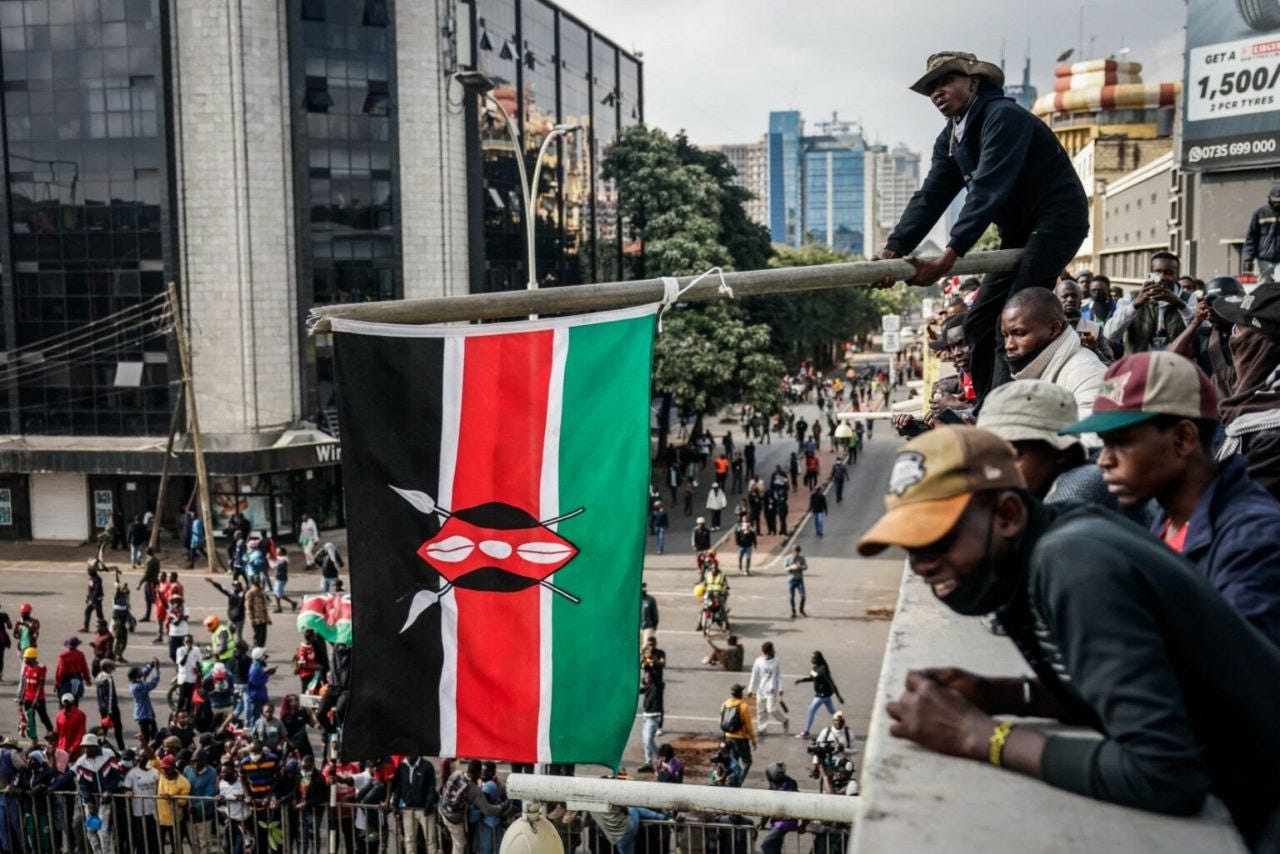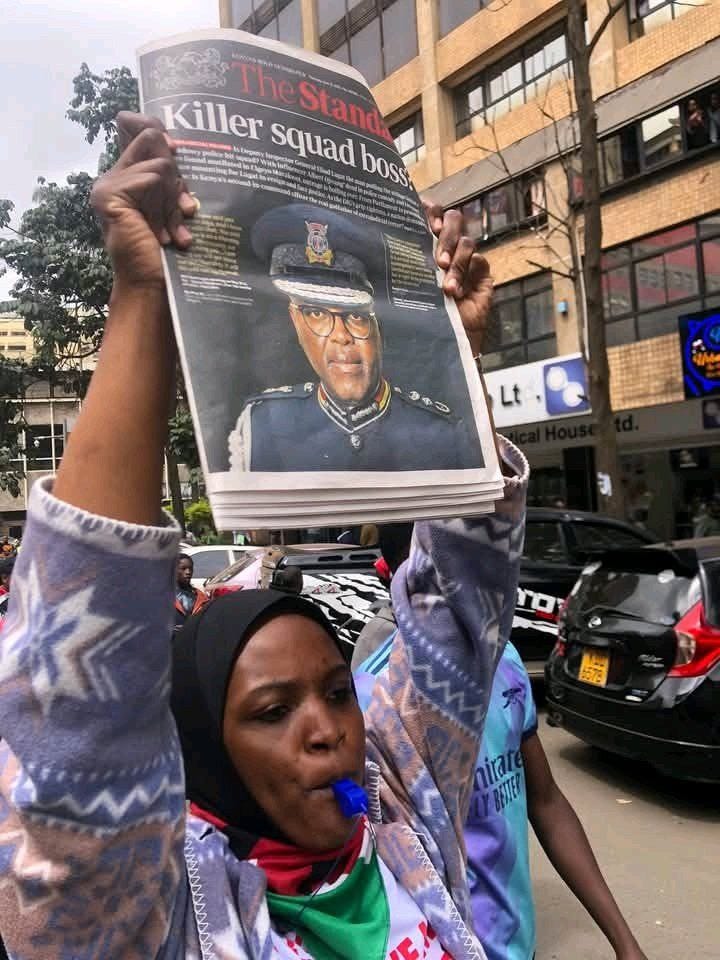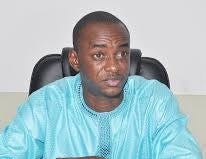A Currency of Their Own: The Sahel’s Breakaway Bloc Charts a Bold Economic Path
In a time of deep political transition and geopolitical realignment, the three countries of the Sahelian Alliance of States — Mali, Burkina Faso, and Niger — are preparing to take a radical step.
In a time of deep political transition and geopolitical realignment, the three countries of the Sahelian Alliance of States — Mali, Burkina Faso, and Niger are preparing to take a radical step: the creation of a new currency to replace the CFA franc.
This move, still in the planning stages, is more than a monetary reform. It is a loud declaration of independence from France, from the postcolonial order, and from regional institutions seen as no longer representative of the people’s aspirations. For the military governments now leading these nations, a currency of their own is not just about economics. It’s about sovereignty, identity, and survival.
A History Etched in Francs
For over seven decades, the CFA franc has tied much of francophone Africa to France. Initially introduced in 1945, the currency has been criticized as a neocolonial relic, with critics pointing to its fixed exchange rate with the euro, its reserve backing by the French Treasury, and its monetary policy decisions made in Paris. While the system has offered macroeconomic stability, it has also limited the ability of West African countries to determine their own economic destinies.
Previous attempts to reform this system most notably the stalled ECOWAS single currency project, known as the ECO, have failed to materialize. Meanwhile, the AES states, having withdrawn from both ECOWAS and the West African Economic and Monetary Union (WAEMU), now find themselves without a shared institutional framework. The prospect of launching a new currency emerges as both necessity and opportunity.
Why a New Currency Now?
The military governments of Mali, Burkina Faso, and Niger share more than just political transitions they share a common sense of grievance. They argue that the CFA franc system has perpetuated dependency, undermined national autonomy, and failed to serve the interests of their largely agricultural, resource-rich, and youthful populations.
SUPPORT MY RESEARCH BY CLICKING ON THE BUTTON
Their motivations for a new currency can be grouped into three broad themes:
1. Economic Sovereignty: By breaking from the CFA zone, the AES states would regain control over key monetary levers including interest rates, inflation targets, and foreign reserves. In theory, this would allow for more responsive economic planning tailored to local realities.
2. Symbolic Liberation: Currency is not just a medium of exchange; it is a marker of national identity. For the AES bloc, the creation of a new currency is a way to physically sever colonial economic ties and reassert African pride and independence.
3. Strategic Realignment: With growing partnerships with non-Western actors like Russia, Turkey, and China, the AES countries may find it advantageous to have a currency and financial system that is less intertwined with European institutions. This would allow them to negotiate trade and investment on new terms, possibly in alternative currencies like the ruble or yuan.
What Could the New Currency Change?
If successful, the new currency could bring several benefits to the Sahel and influence wider monetary trends across Africa:
Protection from Sanctions: The AES countries have suffered from sanctions and asset freezes following their military coups. A homegrown currency could help insulate them from future external economic coercion.
Agricultural and Mining Support: Local monetary control could enable strategic subsidies and credit lines for key sectors such as cotton, gold, and uranium, the economic lifelines of the Sahel.
Strengthened Regional Unity: While exiting ECOWAS isolates the AES bloc in the short term, a shared currency could serve as the backbone of a new, tighter regional alliance built around mutual interests rather than inherited colonial institutions.
Inspiration to Others: If the AES currency proves viable, it may embolden anti-CFA movements across francophone Africa. Countries like Guinea, Togo, or even Senegal may reevaluate their monetary arrangements.
But Challenges Loom Large
The path ahead is fraught with uncertainty. Creating a currency from scratch requires robust institutions, fiscal discipline, and public trust all of which are difficult to build, especially in politically unstable environments.
Key challenges include:
Establishing a Central Bank: Who governs it? How independent will it be? Can it earn credibility?
Inflation Risks: Without strong financial safeguards, a new currency could quickly lose value, harming the poor and destabilizing economies.
Foreign Confidence: Will trading partners, lenders, and investors accept the new currency? What happens to the countries’ debt obligations in CFA francs or euros?
Limited Economic Diversity: The AES countries remain heavily dependent on commodity exports. Without broader economic diversification, the new currency will remain vulnerable to external shocks.
Africa Watches
Across Africa, the AES initiative is being closely watched. Not because these three landlocked, conflict-stricken countries are economic powerhouses — but because they are boldly questioning a colonial-era system that many other African states quietly endure.
The move adds pressure on ECOWAS and WAEMU to accelerate reforms in their own currency systems. It also raises broader questions: Can Africa chart a path toward financial sovereignty without sacrificing stability? Are new regional blocs, based on ideological alignment rather than geography, the future?
What is clear is that the AES currency project is more than a technical reform. It is a vision,radical, risky, and deeply rooted in the idea that African nations must no longer ask for permission to be free.
Conclusion
Whether or not the new currency materializes or succeeds, it is already reshaping the conversation on African sovereignty and regional integration. In the windswept capitals of Bamako, Ouagadougou, and Niamey, leaders are betting that the path to dignity begins with a coin minted in freedom.






